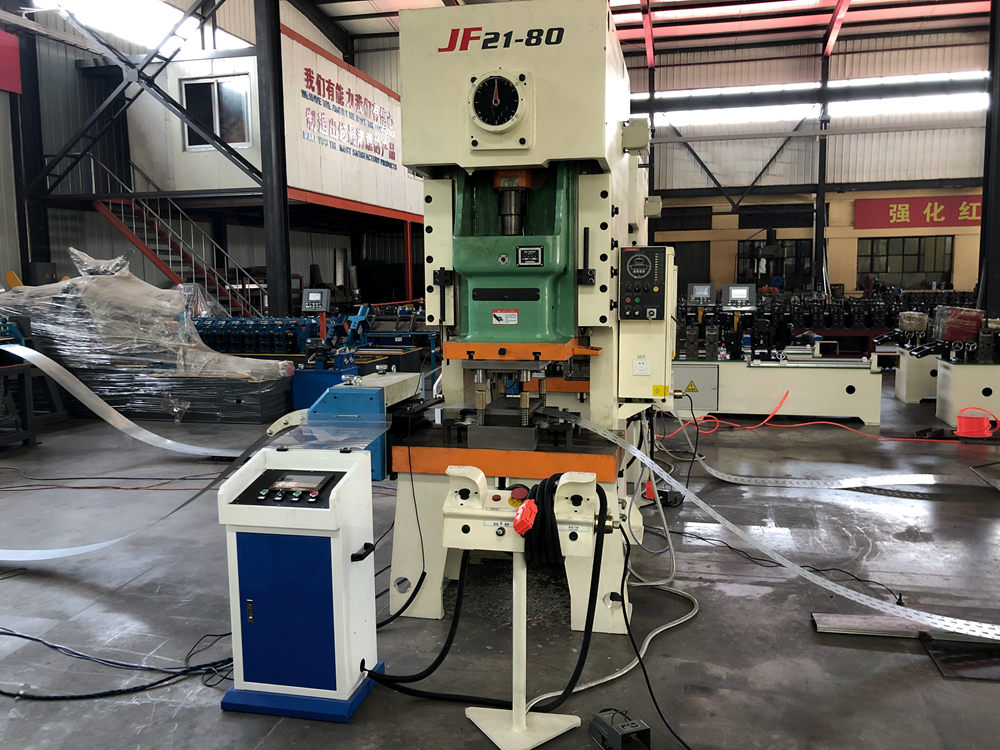
Understanding Drywall Making Machines A Comprehensive Overview
Drywall, also known as gypsum board or wallboard, has become an essential material in modern construction, offering both functionality and aesthetic appeal. The production of drywall is a complex process, primarily facilitated by specialized machinery known as drywall making machines. This article explores their significance, operation, and the impact they have on the construction industry.
The Importance of Drywall
Drywall has revolutionized the way interior walls and ceilings are constructed. It provides a smooth, paintable surface and is preferred over traditional plaster for its efficiency and ease of installation. Additionally, drywall has fire-resistant properties due to the gypsum core, making it a safe choice for many building applications. As a result, the demand for drywall continues to grow, which underscores the importance of efficient drywall manufacturing processes.
Overview of the Drywall Manufacturing Process
The production of drywall involves multiple stages, from raw material preparation to packaging of the finished product. The main ingredients of drywall are gypsum, water, and additives. The process can be broken down into the following key stages
1. Raw Material Preparation The primary material, gypsum, is mined, ground, and dried before it is mixed with water and additives. This mixture forms a slurry that will become the core of the drywall.
2. Sheet Formation Once the slurry is prepared, it is spread between two layers of paper. This step is crucial, as the paper provides durability and creates a smooth surface. The thickness and consistency of the slurry are carefully controlled to ensure uniformity.
3. Setting and Drying After the slurry is sandwiched between the paper, it is passed through a continuous drying process. The moisture is removed using controlled heat, solidifying the gypsum and bonding it to the paper. The drying stage is pivotal for achieving optimal strength and performance of the drywall.
4. Cutting and Finishing Once dried, the continuous sheet of drywall is cut into standard sizes. This automated cutting process ensures that each board is consistent and meets the industry standards. Edges are often treated for additional durability, and various finishes can be applied based on customer specifications.

5. Packaging Finally, the finished drywall sheets are stacked and packaged for transport. Efficient packaging minimizes damage during shipping and facilitates easy handling at construction sites.
The Role of Drywall Making Machines
Drywall making machines automate the entire process, ensuring consistency, efficiency, and cost-effectiveness. Modern machines incorporate advanced technologies such as sensors, conveyor systems, and computer controls that enhance production rates and reduce waste.
1. Increased Efficiency Drywall making machines operate at high speeds, capable of producing several hundred thousand square feet of drywall in a day. This efficiency helps manufacturers meet the growing demand for drywall in the construction industry.
2. Quality Control Automation allows for precise control over the production process, leading to better quality products. Machines equipped with advanced sensors can monitor parameters like thickness and moisture, ensuring that each batch of drywall meets required specifications.
3. Labor Savings By automating the production process, manufacturers can reduce labor costs and minimize the risk of human error. This not only streamlines operations but also enhances workplace safety.
4. Customization Many drywall making machines are designed to produce various types and sizes of drywall according to market demands. This flexibility allows manufacturers to adapt quickly to changing customer preferences.
Conclusion
Drywall making machines play a crucial role in the construction industry by facilitating the efficient production of one of the most widely used building materials. As technology continues to evolve, these machines will undoubtedly become more sophisticated, further enhancing productivity and quality. The ongoing development of drywall manufacturing processes reflects the growth of the construction industry itself, underscoring the integral relationship between technology and modern building practices. The future looks promising as innovations in drywall production continue to streamline operations and meet the increasing global demand for efficient, reliable construction materials.